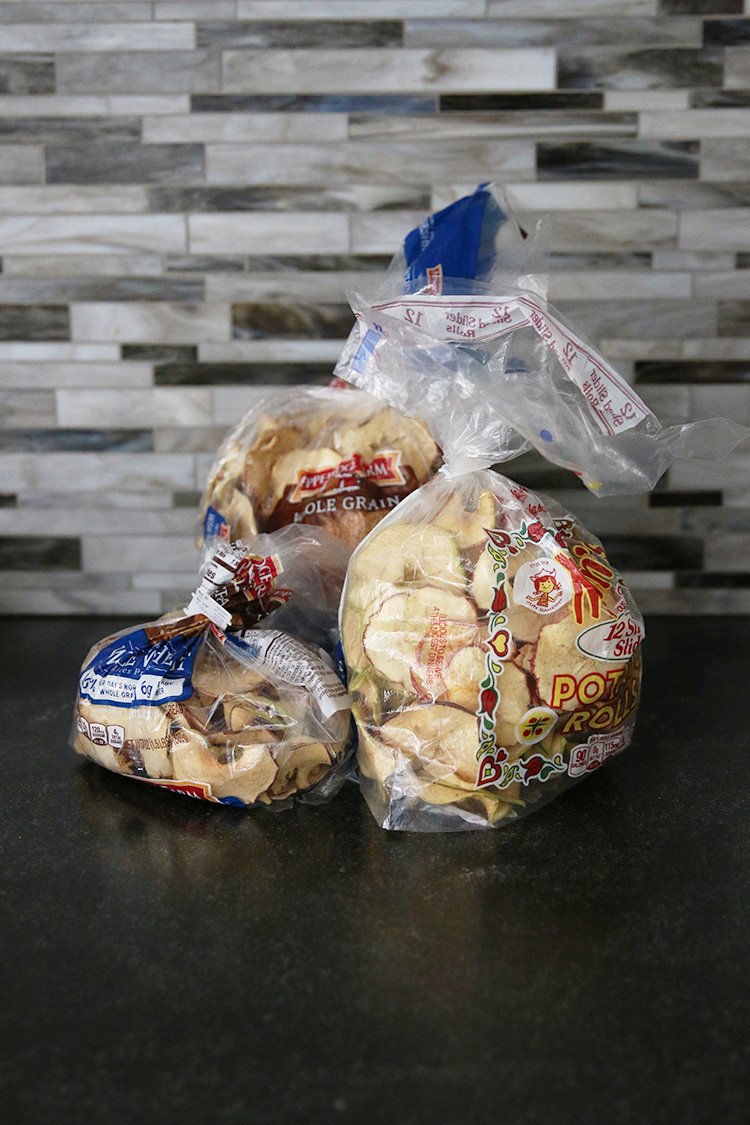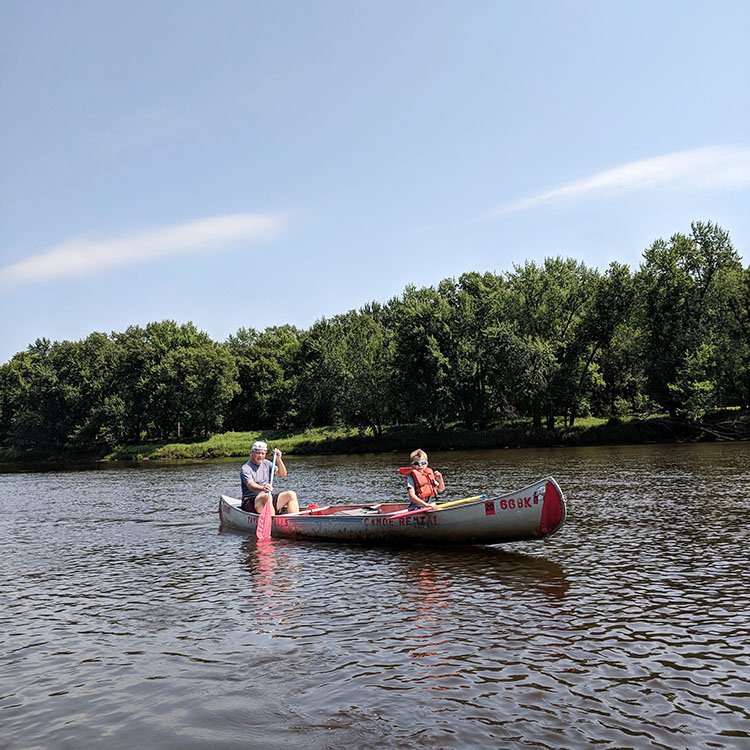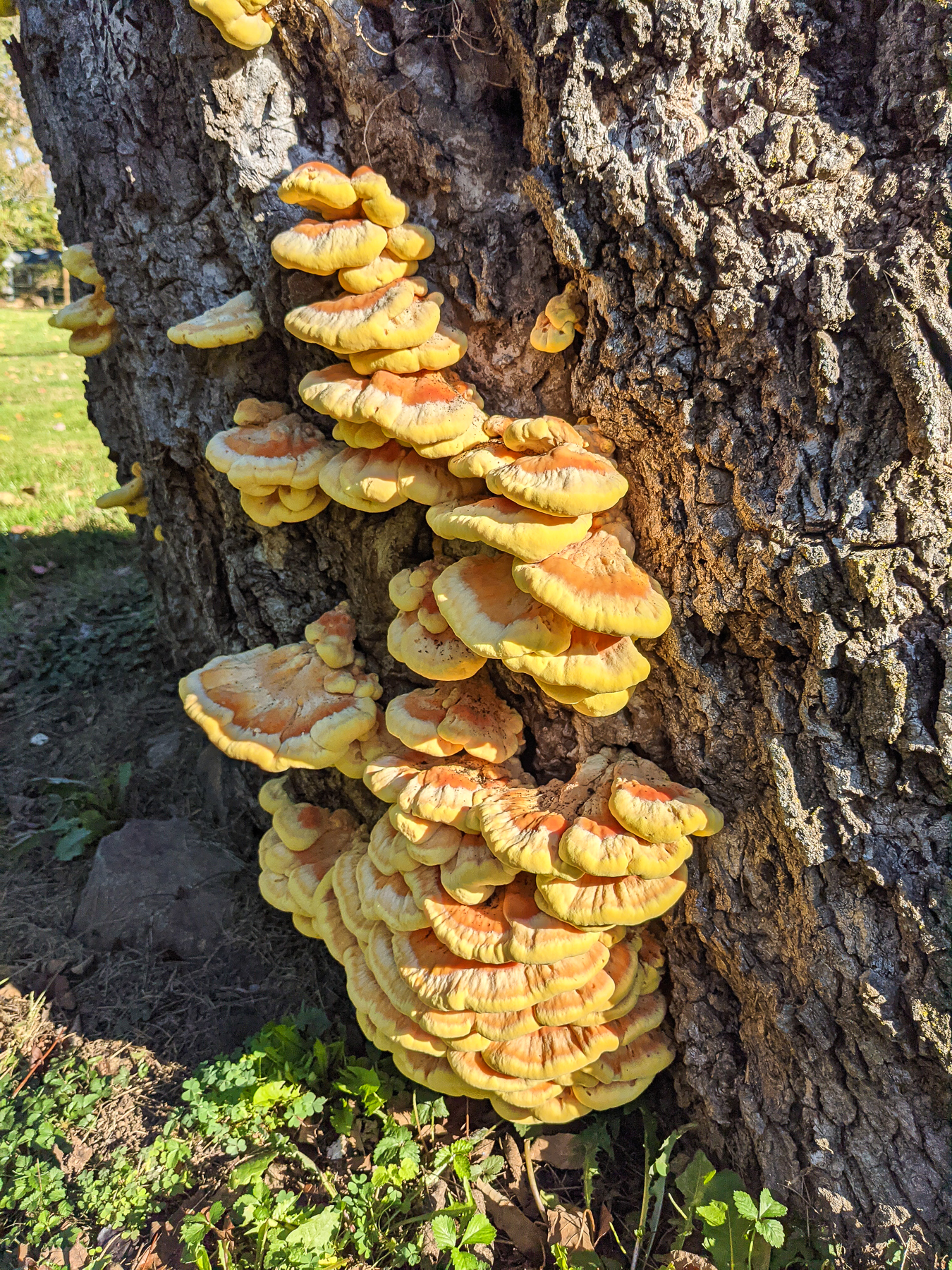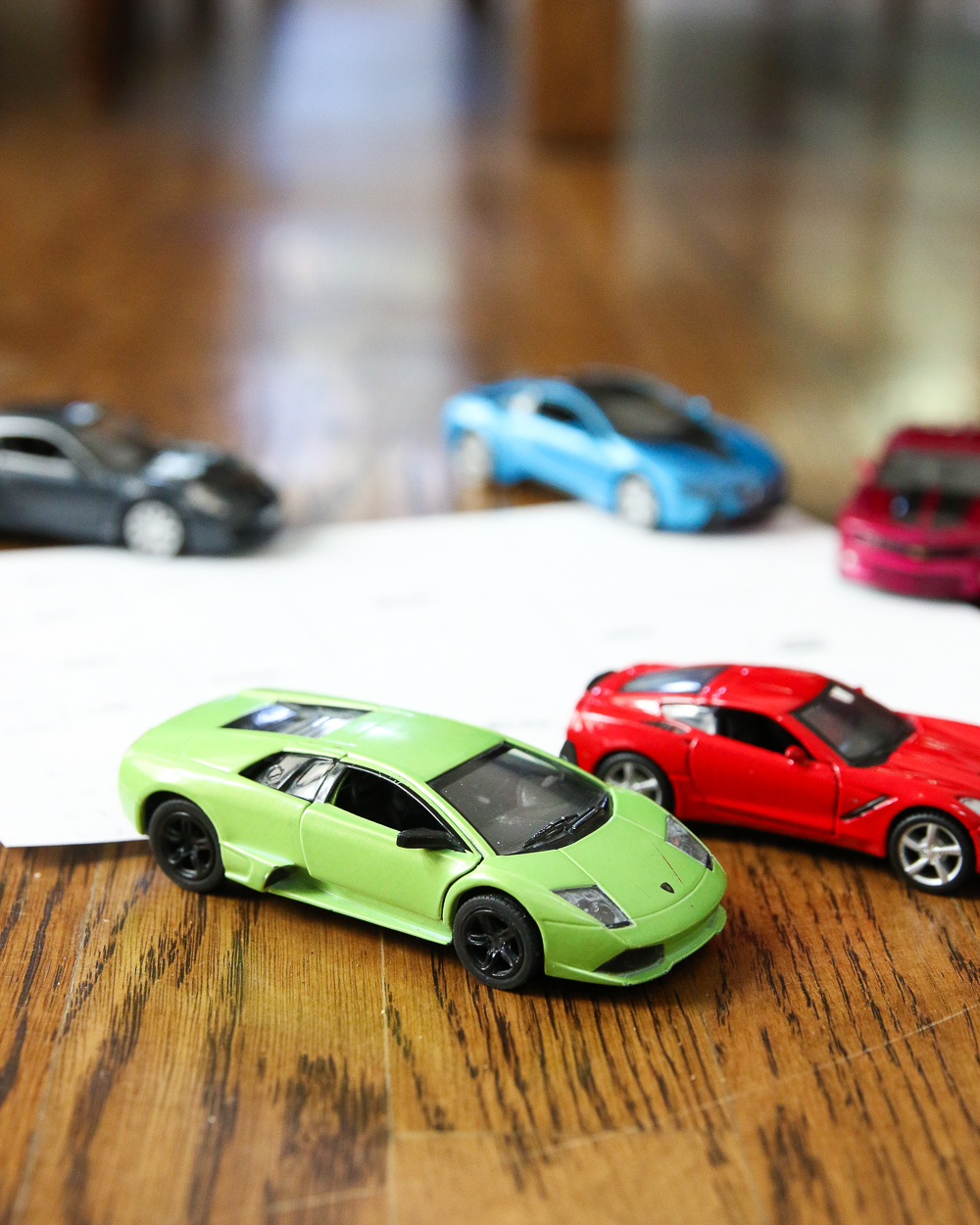Simple Shift: Start with Sustainable Disposal
How about trying new sustainable living habits that focus on the end? Sustainable disposal is just as important as conscious consumption. Consider how you can incorporate more eco-friendly living into your everyday when you start with sustainable disposal.
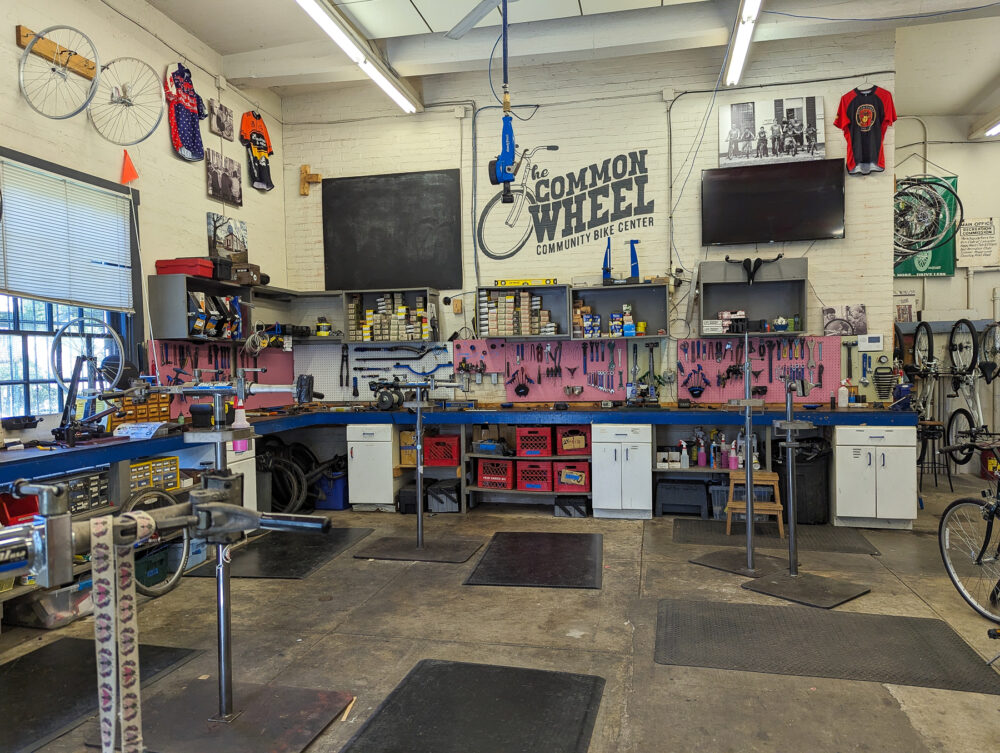
So you’re climate-curious, but it all feels a little overwhelming? You have favorite brands you’re not ready to part with. You have favorite foods, restaurants, and lifestyle habits that are working well for your family.
Stepping out of a comfortable status quo for new sustainable habits can seem like a daunting task. If you’re ready to dabble in a more eco-friendly lifestyle, but aren’t sure where to start, consider starting at the end. And by that, I mean let’s start with sustainable disposal.
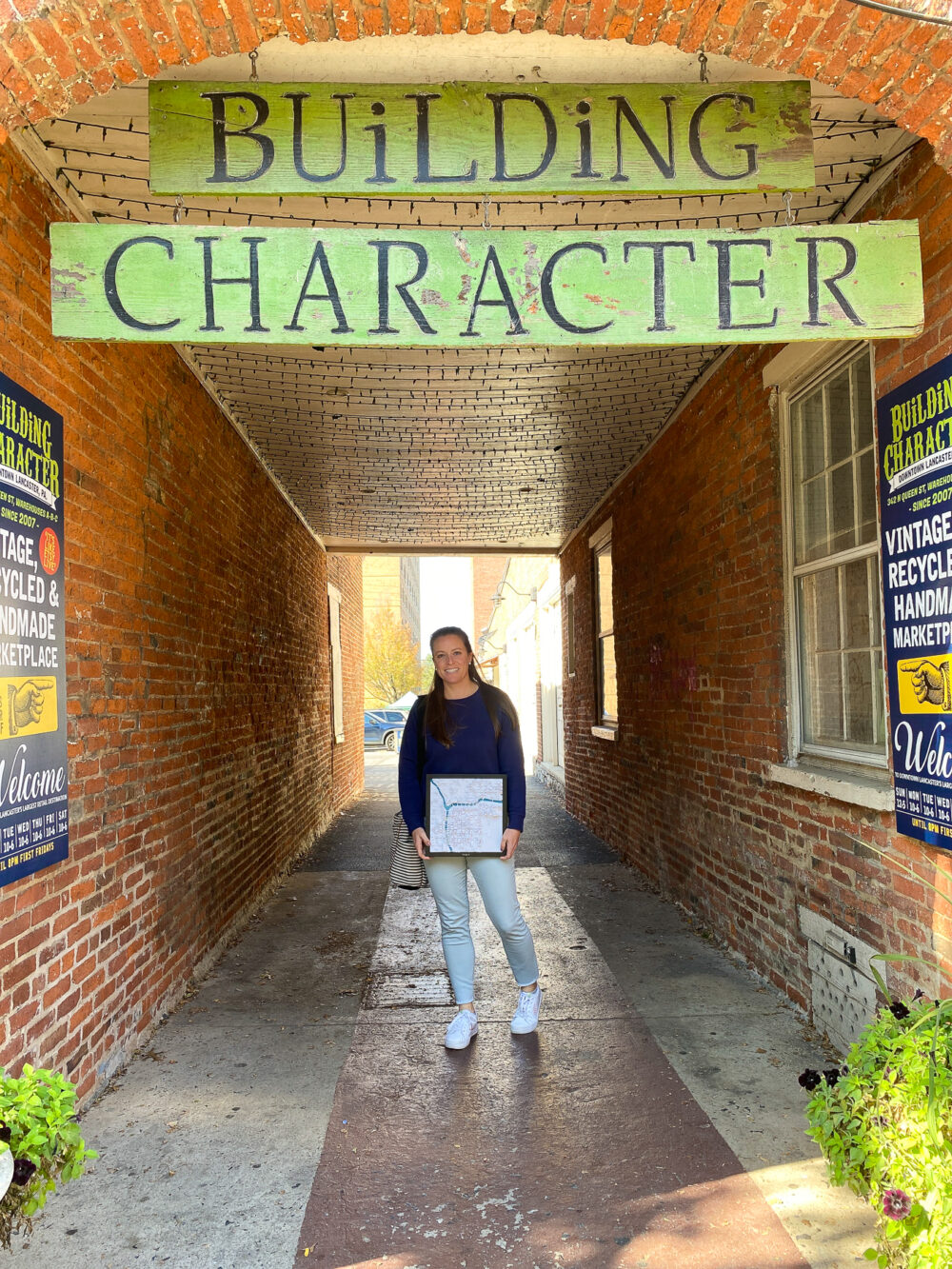
Start with sustainable disposal
It might seem a little counterintuitive to think about sustainable living by starting with our waste. But the volume of waste that we generate as as well as the lack of awareness of our waste and where it ends up is a significant driver of mindless overconsumption. When we start by being more intentional about how we dispose of things we no longer need, it’s an opportunity to be more thoughtful about what we buy, what we own, and what happens to those things when we no longer need or want them.
Let me illustrate this with a little story. Over the summer, my husband and I decided we just no longer needed the bicycles generously gifted to us by his parents. A few years back, they passed along their old bikes when they replaced them, and we took them with the best of intentions to ride as a family from time to time.
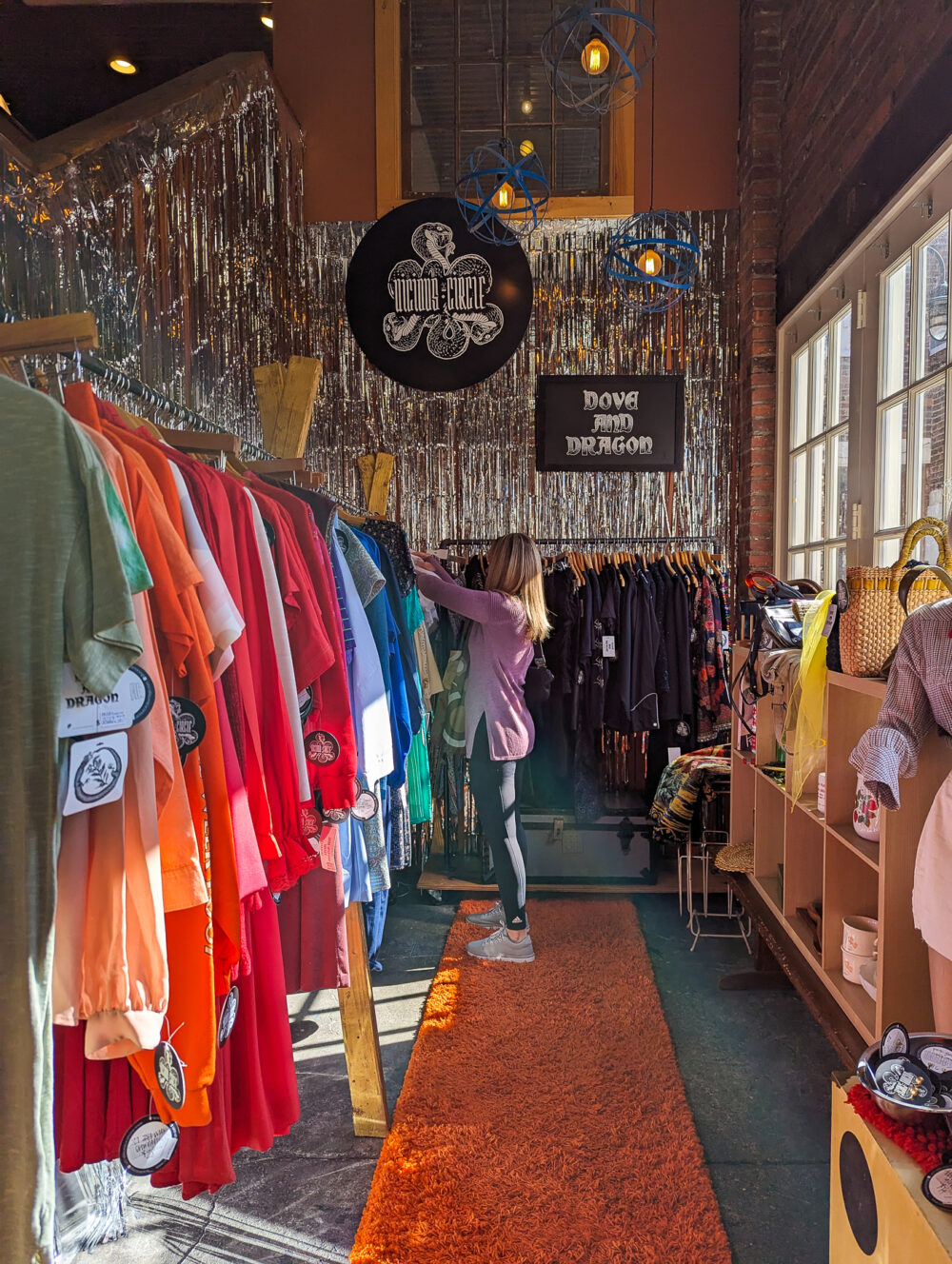
Guess how many times we’ve ridden those bikes since we received them. Zero. They’ve taken up space in our garage, and we have walked around them for years. It was time to accept that we just aren’t a bike-riding family. Our bicycles can serve someone else far better than us. No bicycle wants to be collecting dust in a busy corner of a garage.
We needed to decide what to do with these bikes. We easily could have walked them to the end of our driveway and left them out to be picked up and taken to the landfill. But these bikes had so much life left in them. Letting them go to waste would have been such a waste.
Alternatively, I could have dropped them off at Goodwill, where they may or may not have found a new home. I could have offered them up on Buy Nothing or in a local community gifting group. I even could have put them up on Facebook Marketplace to sell to someone else in my community. All of these would have been viable options, particularly those that put the bikes directly into the hands of someone else who would use them.

But I also recently learned about a non-profit organization, The Common Wheel, that accepts bike donations, repairs and cleans them up, and gives them to underserved people in their community who can use them for important things like everyday transportation. By and large, their participants do not have cars, and bikes provide a much more efficient means of getting from place to place.
The Common Wheel, however, is a little over an hour from my house, and I couldn’t find a similar organization nearby. It’s also located halfway between me and a good friend of mine who I don’t often get to see in person. So I turned lemons into lemonade.
Turning sustainable disposal into a friend adventure
This somewhat inconvenient donation trip became an adventure day with my friend. We met up in a small downtown, visited a couple of thrift stores and antique shops, grabbed lunch at a posh little local spot, and dropped off the two bikes just down the road on my way back home.
Sustainable living won’t look the same for everybody, and your habits certainly don’t have to include donating bikes an hour from your house while meeting up with a friend. But I use the story to highlight how more eco-friendly living doesn’t necessarily have to be a burden, more expensive, or feel like a lot of work. Sometimes it’s just a creative or different way of looking at the opportunities in front of us.
My husband and I decided to donate our bikes in August, and I didn’t meet up with my friend and donate the bikes until mid-October. Finding a time on the calendar when the donation center was open and my friend and I could meet up meant we had to wait a little bit.
In so many ways, sustainable living is an exercise in patience, but that’s not always a bad thing. Patience is often the virtue that not only makes sustainable living more accessible but also makes our lives a little less chaotic and a little more meaningful.

Next time you are ready to part with something you own, think about how you plan to get rid of it. Does it still have value? Can you breathe new life into it? Can somebody else put it to good use? And how can you get it to that person, place, or organization so they put it to its highest and best new use?
In my case, driving the bikes to The Common Wheel may have been a little out of the way geographically, but it also presented a wonderful excuse to get together with my friend.
Donating the bikes to a bicycle advocacy non-profit group took a little bit longer than sending them to the landfill. But that patience offered a moment to reflect on how much stuff we have and that we often have more than we need. It also gave me a chance to help two people in the community and prevent valuable resources from ending up in the trash.
Beginning more eco-friendly living habits can feel a little overwhelming. Most habits aren’t hard though once you start them, but that initial shift can seem challenging, especially when we focus on giving up the comforts we love instead of on what we gain.
Questions to consider for sustainable disposal
If you’re ready to add a new sustainable living into your routine, start with the end. Reconsider how you throw things away. Ask yourself questions like:
- Do I have a friend, family member, or neighbor who could use this?
- Is there a community gifting group where I could offer this up?
- Could I sell it on an online marketplace like Facebook Marketplace, Mercari, or eBay?
- Can I sell it through a local consignment shop?
- Could I donate it to a charity or non-profit organization that can use it to directly serve their participants and patrons?
- Can I reuse, repurpose, or upcycle it for a different purpose?
- Can I compost it? Or recycle it?
- Can I drop it at a local thrift shop, charity shop, or donation collection center?
The list of questions to consider seems long at first, but you can breeze through them in seconds after they become a habit. It all starts to become second nature. Seeing a second life in the things you no longer need will just become the norm, I promise.
So consider starting your sustainable living journey at the end. Take one or two bite-sized steps to change how you think about throwing things away. Circularity is a core tenant of sustainable living, and it doesn’t matter where on the circle you begin.
If you like this post about sustainable disposal, you might also like
What Can You Recycle at Target?
5 Ways To Reduce e-Waste at Home
Easy Budget Bathroom Makeover Using Thrift Store Finds

Jen Panaro
Jen Panaro, founder and editor-in-chief of Honestly Modern, is a self-proclaimed composting nerd and advocate for sustainable living for modern families. To find her latest work, subscribe to her newsletter, Stepping Stones.
In her spare time, she’s a serial library book borrower, a messy gardener, and a mom of two boys who spends a lot of time in hockey rinks and on baseball fields.
You can find more of her work at Raising Global Kidizens, an online space to help parents and caregivers raise the next generation of responsible global citizens.

